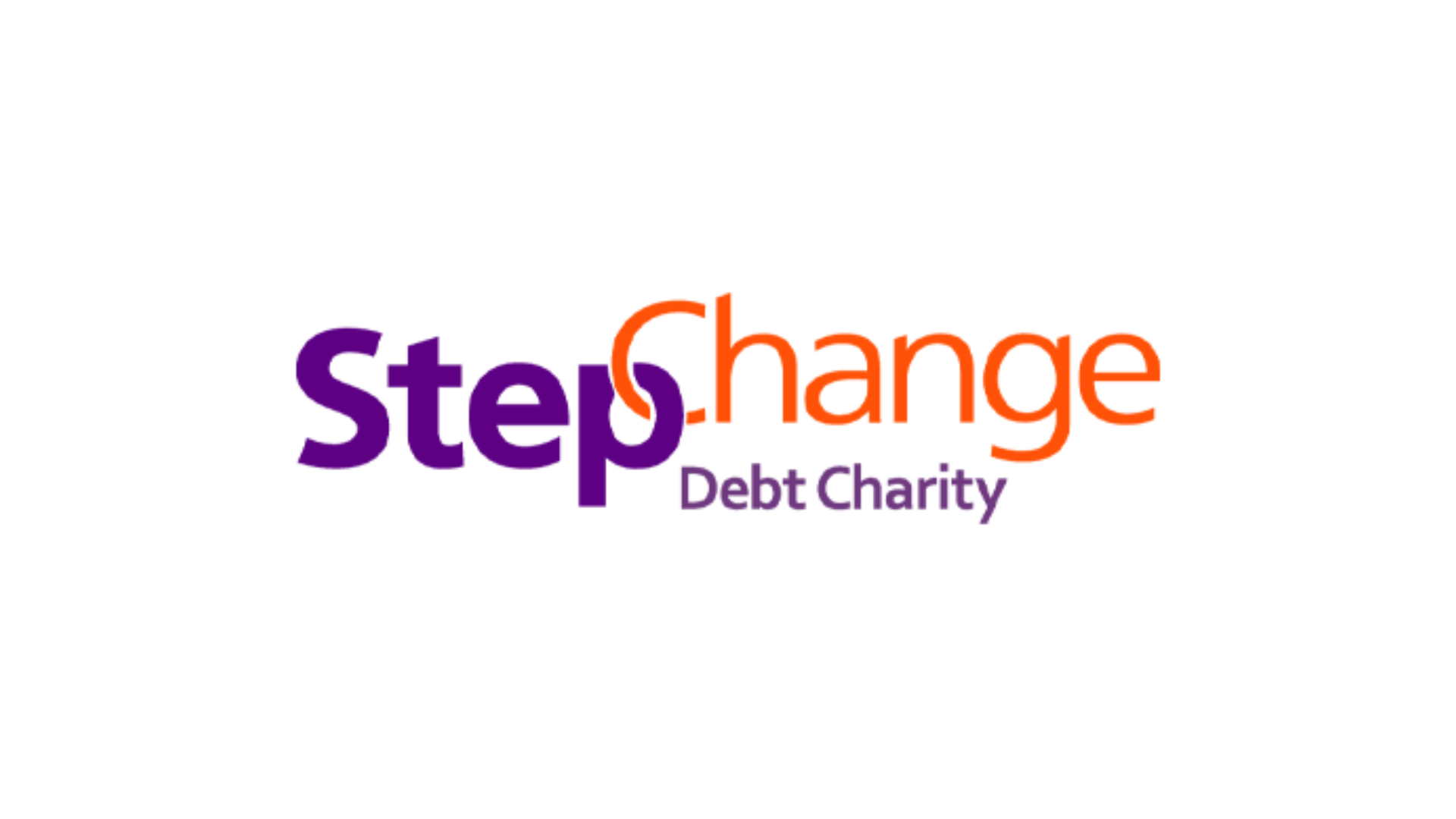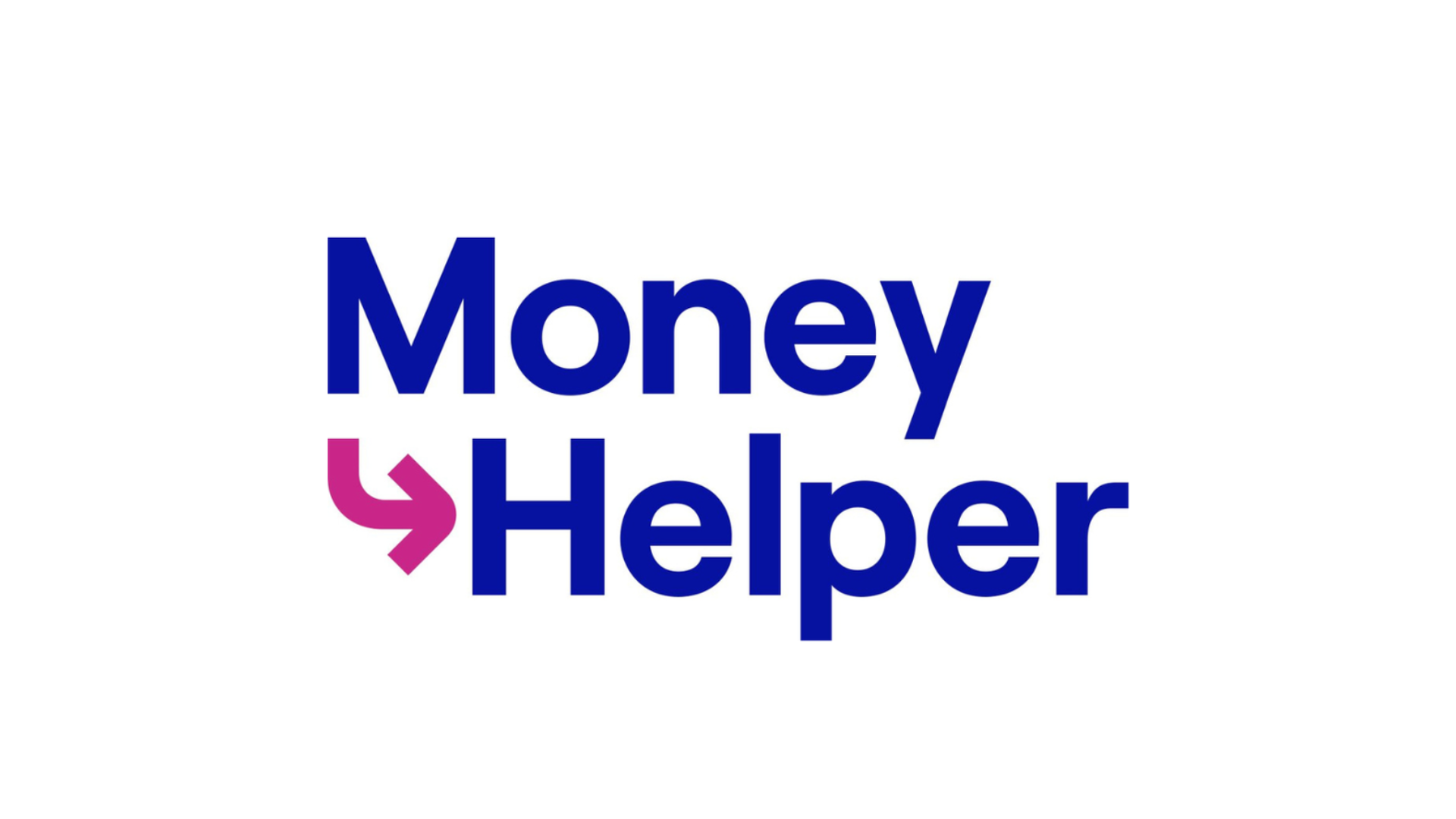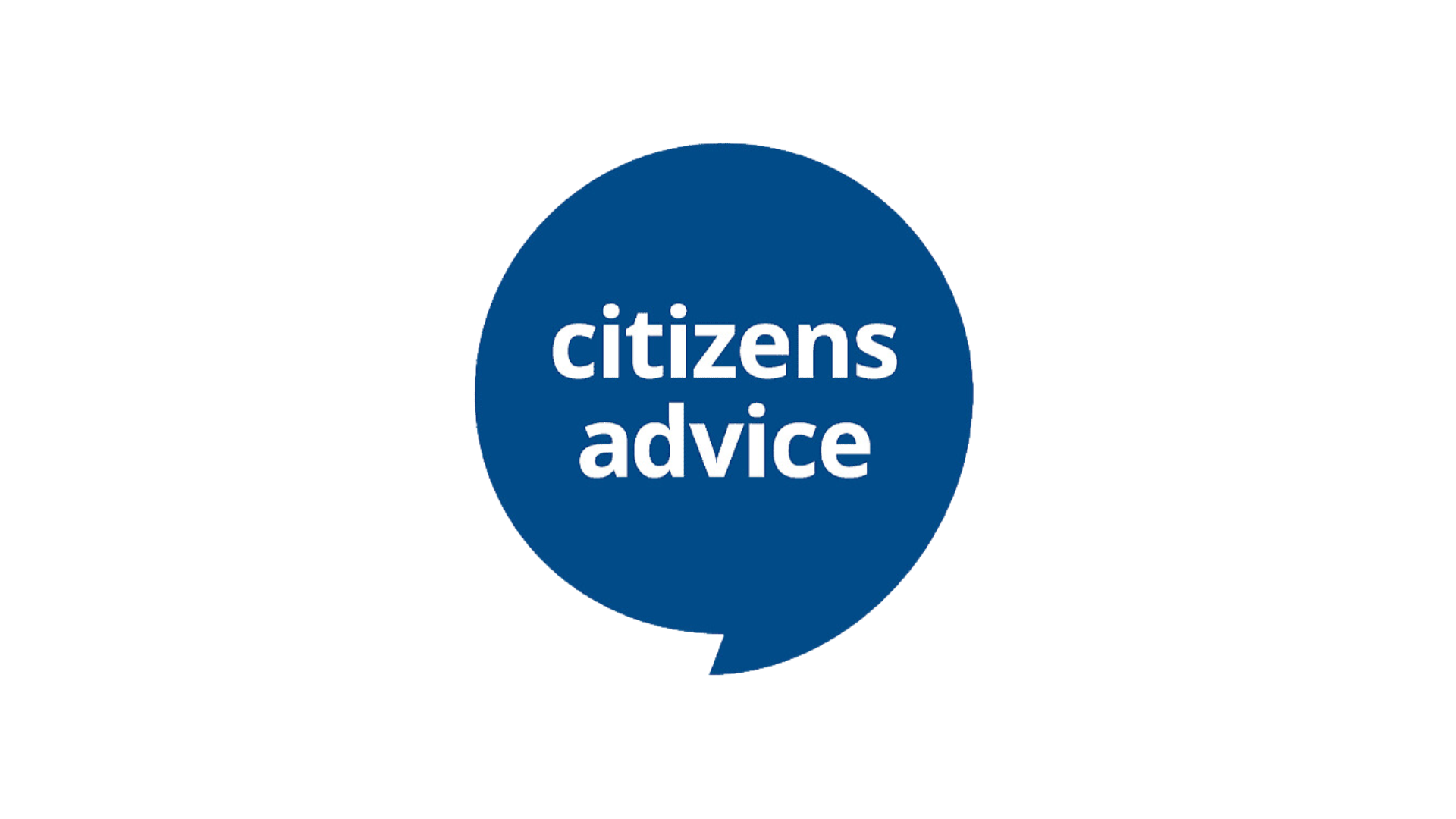
building emergency funds
How many months could you survive with no income? How would you deal with a significant and un-expected bill or financial emergency?
Well good for you as you’re on your way to building up your emergency funds and financial resilience!
Scroll down to read our guide, watch our videos, book onto our next live online masterclass or watch a recording and then check your employee benefits.
Then share your feedback with us and you could win a wellbeing spa day for two!
THE finwell guide
View our FinWELL Guide on Emergency Funds…
videos & podcasts
Watch a video or listen to audio content…
fOLLOW UP RESOURCES
View next steps and follow up resources…
EMPLOYEE BENEFITS
Check your existing employee benefits…

finwell guide to:
building an emergency fund…
✅ Step 1: Set Your Target
Standard guidance: 3 to 6 months of essential outgoings.
UK-based workers with a stable job: aim for 3 months minimum.
Freelancers, zero-hour contracts, or families: aim for 6+ months.
💡 Tip: If that sounds intimidating, start with a first goal of £500–£1,000 for small emergencies.
✅ Step 2: Work Out Your Essentials
Make a list of core monthly expenses, such as:
Rent or mortgage
Council tax
Utilities (gas, electric, water)
Food & toiletries
Insurance (car, home, health)
Childcare or transport costs
Loan or minimum debt payments
💡 Tip: Use Monzo, Starling, Emma, or Moneyhub to break down your spending.
✅ Step 3: Open a Separate Savings Account
Use a separate easy-access savings account, ideally with high interest (easy access ISAs or HY savings).
Skip accounts with withdrawal penalties — emergencies need instant access.
Online banks or digital challengers (Monzo, Starling, Chase UK) offer great options.
💡 Tip: Look for interest rates of 4%+ AER (check current deals via MoneySavingExpert or MoneySuperMarket).
✅ Step 4: Automate Your Savings
Set up a standing order or scheduled transfer from your main account on payday.
Start with what you can: £25–£100 per month adds up quickly.
💡 Tip: If paid monthly, align your savings with your salary date so you "pay yourself first."
✅ Step 5: Use Windfalls or Bonuses
Put in part (or all) of:
Work bonuses
Birthday or Christmas money
Tax refunds (e.g. from overpaid PAYE or student loans)
Side hustle or overtime income
💡 Tip: Save at least 50% of any “unexpected” money to supercharge your fund.
✅ Step 6: Cut Back Without Pain
Cut down or switch:
Subscriptions (streaming, apps, gym)
Utility providers (use Compare the Market or Look After My Bills)
Food shopping (use apps like Too Good To Go or Olio)
💡 Tip: Do a “no-spend weekend” and transfer what you didn’t spend into your fund.
✅ Step 7: Track Your Progress
Create milestones: e.g. £500 → £1,000 → £3,000.
Use tools:
Budget apps (MoneyDashboard, Emma)
Spreadsheets
Savings pots/goals in your banking app (Monzo and Starling do this well)
💡 Tip: Label the account "Emergency Fund Only" to resist dipping into it.
✅ Step 8: Use Only for Real Emergencies
Legit UK emergency examples:
Redundancy
Boiler breakdown
Car MOT failure
Emergency dental/medical costs
Emergency travel to care for family
Not emergencies:
Holidays, concert tickets, gifts, upgrades.
💡 Tip: Ask yourself: Is this urgent, unexpected, and essential?
Summary
1. Set your initial target £500–£1,000
2. Know your essentials- Use apps like Emma or Starling
3. Open separate account - Easy access, 4%+ AER
4. Automate saving - Set up a Standing order on payday
5. Use windfalls - Save 50%+ of bonuses/refunds
6. Trim expenses - Switch providers, cut subscriptions
7. Track it - Use pots/goals in apps
8. Use it wisely - Only true emergencies

watch OR listen
Watch our videos about ‘Building Emergency Funds’ and feel empowered to take action…
Win a wellbeing spa day for two!
Win a wellbeing spa day for two!
Feeling more positive?
Your feedback is really important to us!
If you’re enjoying FinWELL and already feeling more confident then tell us about your experience and you’ll be entered into our quarterly draw to win prizes including a wellbeing spa day for two!
Simply complete our short form with a bit of info about what you’ll be doing to improve your financial wellbeing.
Follow up tools & resources
-

View Group Workshops
Check out our group workshops and book onto any that might help you achieve your FinWELL challenges.
-

Book a 1-1 Guidance Session
Consider a 1-1 Financial Guidance Session with FinWELL Specialist to conquer your challenge!
-

StepChange Debt Charity
StepChange have helped thousands of people deal with debt through free guidance and advice.
-

Money Helper
Money Helper is the governments website for free and impartial guidance on all thigs money related.
-

Citizens Advice
Citizens Advice is a charity that offers free informtaion and advice on a range of matters for people in the UK.
-

Money Saving Expert
Martin Lewis is the Money Saving Expert and helps you compare and cut costs and fight your corner.





